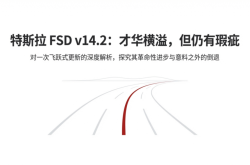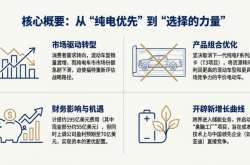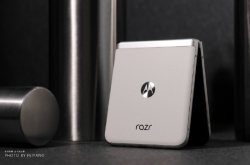iPhone16 is priced reasonably, putting pressure on domestic mobile phone makers, with some cutting prices by up to 2000 yuan to compete
![]() 09/26 2024
09/26 2024
![]() 540
540
Domestic mobile phone makers claim not to feel the pressure from Apple's iPhone 16, which offers more features without increasing prices. However, after the iPhone 16's launch, domestic mobile phone makers generally chose to reduce prices, highlighting that while they may verbally express bravado, they are actually quite fearful and have resorted primarily to price cuts to maintain their market share.
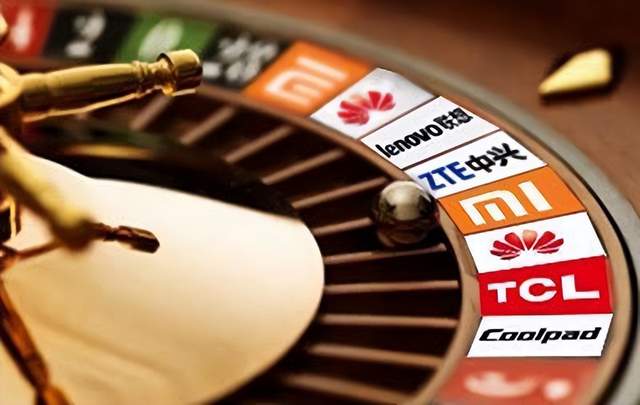
Recently, several domestic mobile phone brands have reduced prices. Brand H lowered prices first, while Brand P slashed prices by as much as 2000 yuan. This particular phone was launched in the second quarter of this year. Compared to Brand M's phones, which maintained their prices for half a year after launch last year, it's hard to deny that Brand P's price cut was not influenced by the iPhone 16, considering that it occurred around the same time as the iPhone 16's launch.
Brand H, a leading player in the domestic high-end mobile phone market, is said to hold a 20% market share. In the past, it and Apple each occupied more than 40% of the high-end mobile phone market, essentially splitting the market in half. However, due to well-known factors, TSMC stopped manufacturing chips for Brand H, leading to a sharp decline in its phone shipments. It wasn't until last August that Brand H relaunched its 5G phones.
Following Brand H's price cut, another domestic brand, Brand M, also made significant price reductions. Brand M's 14ultra recently saw a price drop of over 1300 yuan. Equipped with Qualcomm's most powerful chip, the Snapdragon 8G3, this phone boasts 5x optical zoom, a 120Hz high refresh rate screen with 1920Hz PWM dimming, 90W fast charging, and 50W wireless charging. Despite its impressive features, it still couldn't withstand the pressure from the iPhone 16.
Compared to Brand H, these domestic Android phone makers are even more anxious. In the high-end mobile phone market, they collectively hold only about 10% of the market share. Faced with the pressure from the iPhone 16 and Brand H's price cuts, they have few options other than following suit with price reductions. However, even with price cuts, their phones still lack significant price advantages compared to the iPhone 16, with starting prices exceeding 5700 yuan, while the iPhone 16 starts at just 5999 yuan.
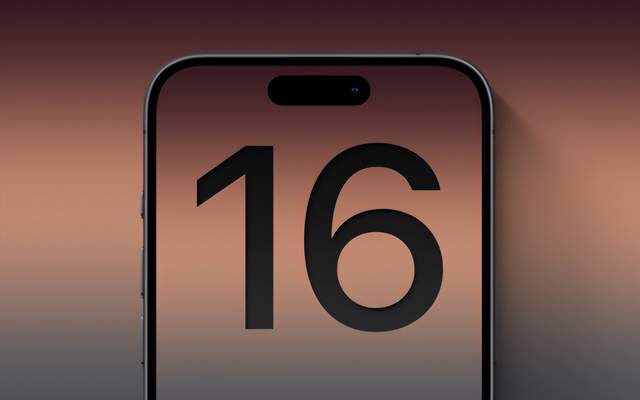
Prior to the launch of the iPhone 16, it was widely believed that due to the adoption of high-pixel cameras, N3E technology, and increased storage capacity, Apple's costs would rise, leading to an increase in the iPhone 16's price. However, the iPhone 16 maintained the same price as its predecessor, offering more features without a price hike.
Despite Apple's reasonable pricing strategy, domestic media continues to criticize the iPhone 16. Pre-orders for the iPhone 16 are only one-third of those for Brand H's foldable phone. Renowned analyst Guo Mingqi even predicts that the iPhone 16's first-day sales may be 12% lower than those of the iPhone 15, sparking ridicule towards Apple from all sides.
However, when the iPhone 16 went on sale in retail stores on September 20th, the rush of consumers queuing up to purchase the phone took everyone by surprise, highlighting Apple's enduring popularity and the unwavering loyalty of its fans. In contrast, Brand H's foldable phone, which boasted of challenging Apple, reverted to its original state just two days after its launch. Many consumers listed the phone for sale at its original price on second-hand platforms, causing significant losses for scalpers who had hoped to resell the phone for up to 300,000 yuan.
Faced with this reality, it becomes clear that this is likely the true reason behind the panic among domestic mobile phone makers. Without further price cuts, they risk losing market share to Apple. Hence, they have resorted to slashing prices by as much as 1300 to 2000 yuan in a desperate attempt to retain customers. It is domestic mobile phone makers, not Apple, who are truly panicking, as Apple's user base remains stable and unlikely to be swayed.
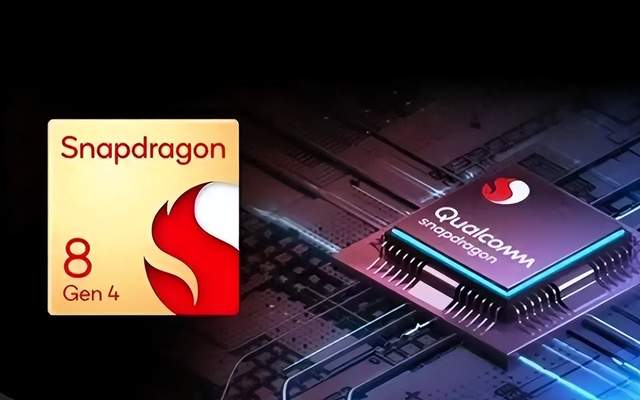
In response to the iPhone 16's formidable entry into the market, domestic mobile phone makers are pinning their hopes on the upcoming Snapdragon 8G4 chip. It is rumored that the Snapdragon 8G4 will return to Qualcomm's in-house architecture, with its single-core performance surpassing that of Apple's A18 processor. This would mark the first time an Android chip has outperformed Apple in terms of single-core performance, allowing domestic mobile phone makers to confidently claim superior performance. In the past, they could only boast about their multi-core performance, but with a powerful chip, they may finally be able to turn the tide in the high-end mobile phone market.


